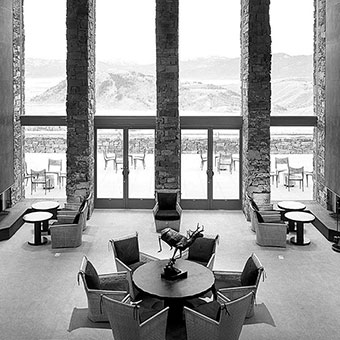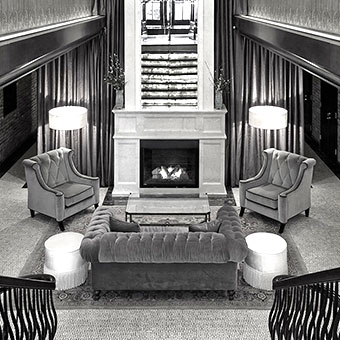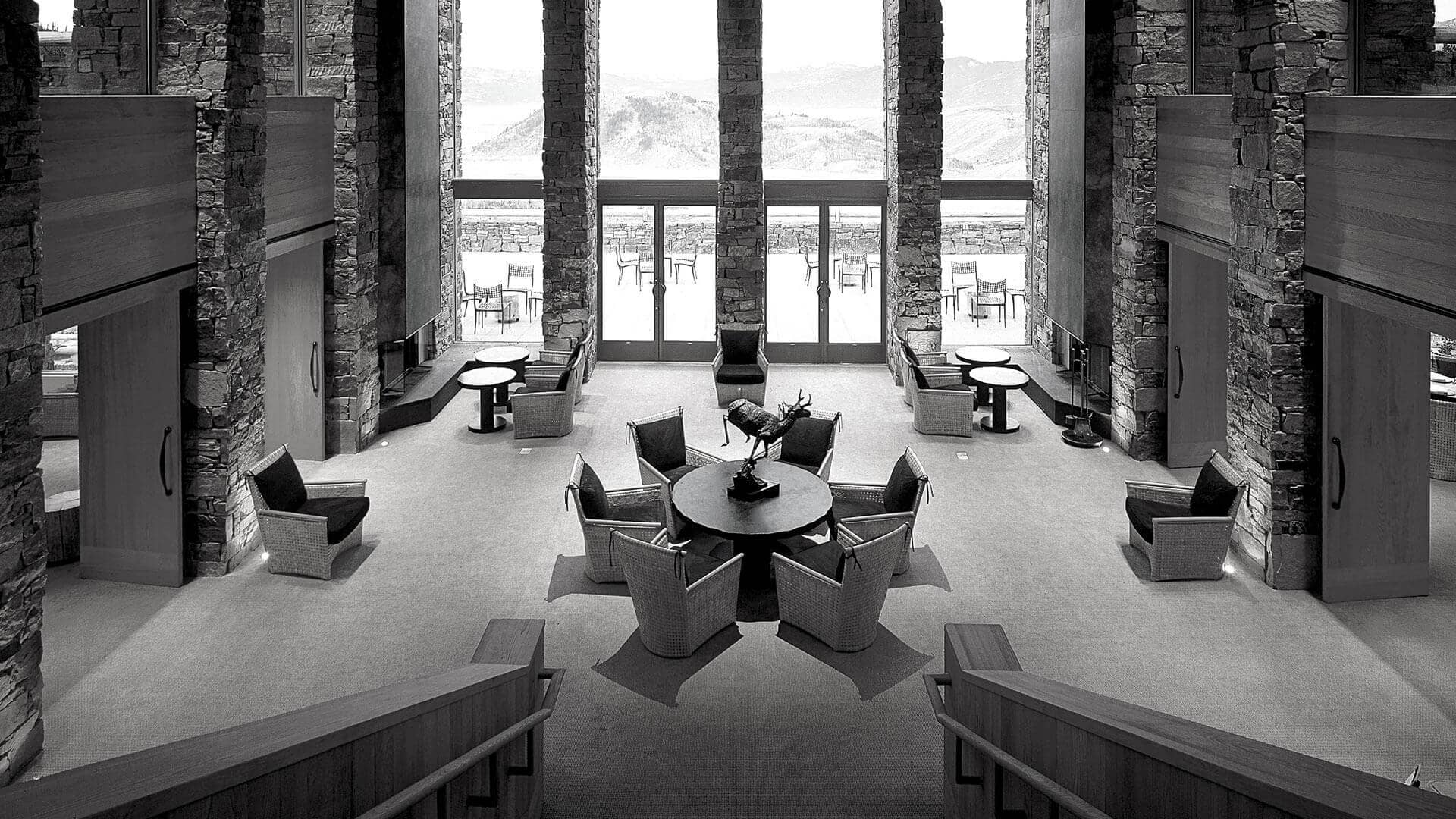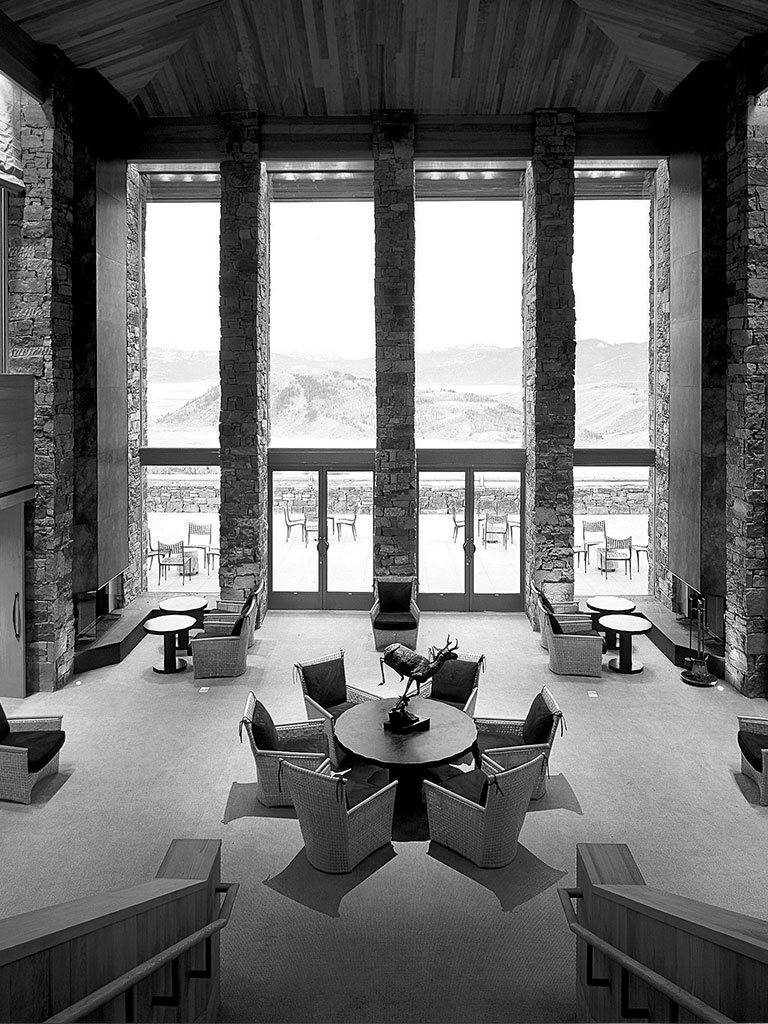In a real estate cycle, not long ago, boutique hotel operators emerged to satisfy unmet guest needs for a non-commoditized guest experience. It was also an opportunity to convert and adapt aging properties. We saw boutique hotel operators develop, with Kimpton and Joie de Vivre leading the way. Their growth potential attracted institutional capital and ultimately made them M&A targets for the major brand families.
Today, we are witnessing the next iteration of this phenomenon, with new lodging concepts delivering truly unique experiences:
- All the comforts and service of a luxury, five-star hotel in the great outdoors, check. Real-world farm-to-table cuisine, check.
- Trading out that traditional hotel room for a camper or tent set against a breathtaking backdrop, check.
- A like-minded membership community with an expansive network of lodging options, co-working spaces, fitness facilities and other activity offerings, check.
The possibilities are as endless as the imaginations of their creators. Such creative, emerging brands in the experiential lodging space include AutoCamp, Under Canvas, Collective Retreats, Gravity Haus and Trailborn.
The pandemic fueled much of the growth in the experiential lodging segment, as the promise of unique outdoor accommodations and experiences appealed to unwillingly isolated travelers. The desire for high-quality, lifestyle-lodging experiences has only grown since.
Proof of Concept
As a way to test out their concepts, founders will build out and operate their first property, typically capitalized by the founders’ friends and family circles. Subsequent properties are also commonly funded in this manner, but, not surprisingly, that well can run dry quickly. In this first stage, founders are laying the foundation: refining the concept and operating principles, training staff and understanding the customer base. The ultimate goal is to shape the building blocks that will be core to building a durable company and brand.
Next, there is the formal capital phase of brand growth in which founders are now seeking to acquire and reposition properties within their concept. In order to do this, founders may seek a single, deep-pocketed joint venture (JV) programmatic equity partner or leverage multiple relationships for a larger syndication. This JV partner is typically a private equity fund, a family office or a high-net-worth investor. Such thematic investors have leaned into the new entity’s investment thesis and understand the hospitality niche, identified guest profile and associated demand drivers and potential revenue streams. With the capital commitment on hand, founders can review acquisition opportunities quickly and act swiftly.
Critical Mass and Exit Strategies
Whether it is building ground up or renovating existing properties, developing and operating multiple locations will create the scale necessary for investors to buy into the viability of the brand. In addition to scale, the profitability of the existing portfolio will be a large focus for the investors. On the operating side, top-line revenues, gross margins and other expenses will all be closely scrutinized. Also, owners must buy right—can’t overpay for a site; can’t over improve; or construct over budget. If they are successful, it will be demonstrated by superior yield-on-cost metrics, which will in turn attract additional capital for growth.
Eventually, many emerging brands will look for strategic partnerships to further accelerate growth, gain access to the mass market and, ultimately, facilitate the exit and return on investment for their early investors. These partnerships can introduce the emerging brand’s portfolios to the hundreds of millions of major brand loyalty members. We have already witnessed increased activity in the first half of this year, as nearly all the major brand families have announced such affiliations.
Examples include the partnership between Marriott Bonvoy and MGM Resorts, allowing guests to now make reservations for 16 MGM Collection properties via Marriott’s app-driven Bonvoy loyalty program. Similarly, Hilton recently announced partnerships with AutoCamp, which now has seven locations with more on the way, and Small Luxury Hotels of the World (SLH), the marketing and reservation partnership of 560 luxury hotels in more than 90 countries around the world.
Hilton has has also shifted into acquisition mode. Recent deals include acquiring a majority controlling interest in the Sydell Group and its NoMad brand, with the aim of expanding to high-end markets around the world, and the acquisition and introduction of Graduate Hotels as a new Hilton brand.
Being acquired by major brands can be an outstanding cash-out outcome for entrepreneurs and investors. These developments demonstrate the investment potential of unique, well-executed lodging concepts and represent a quick path for brands to better understand, then tap into, the still burgeoning lifestyle, luxury and experiential lodging niches.
Ours is an era beyond boutique.





